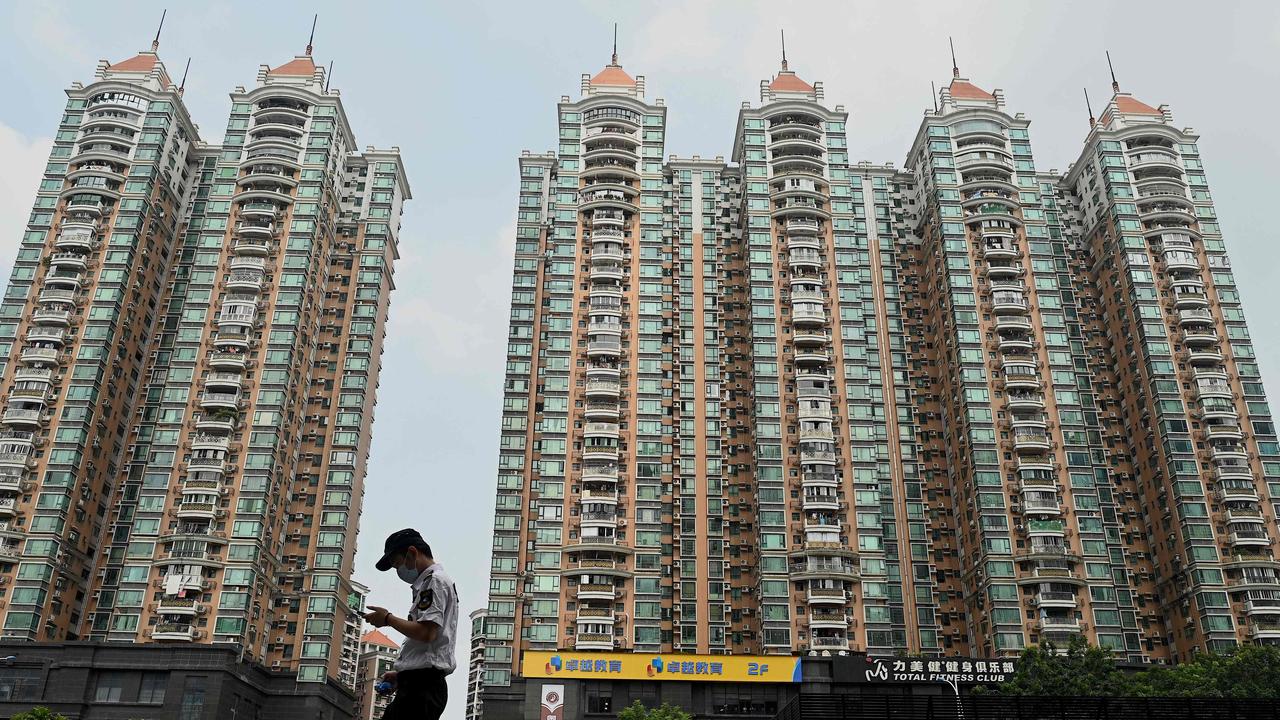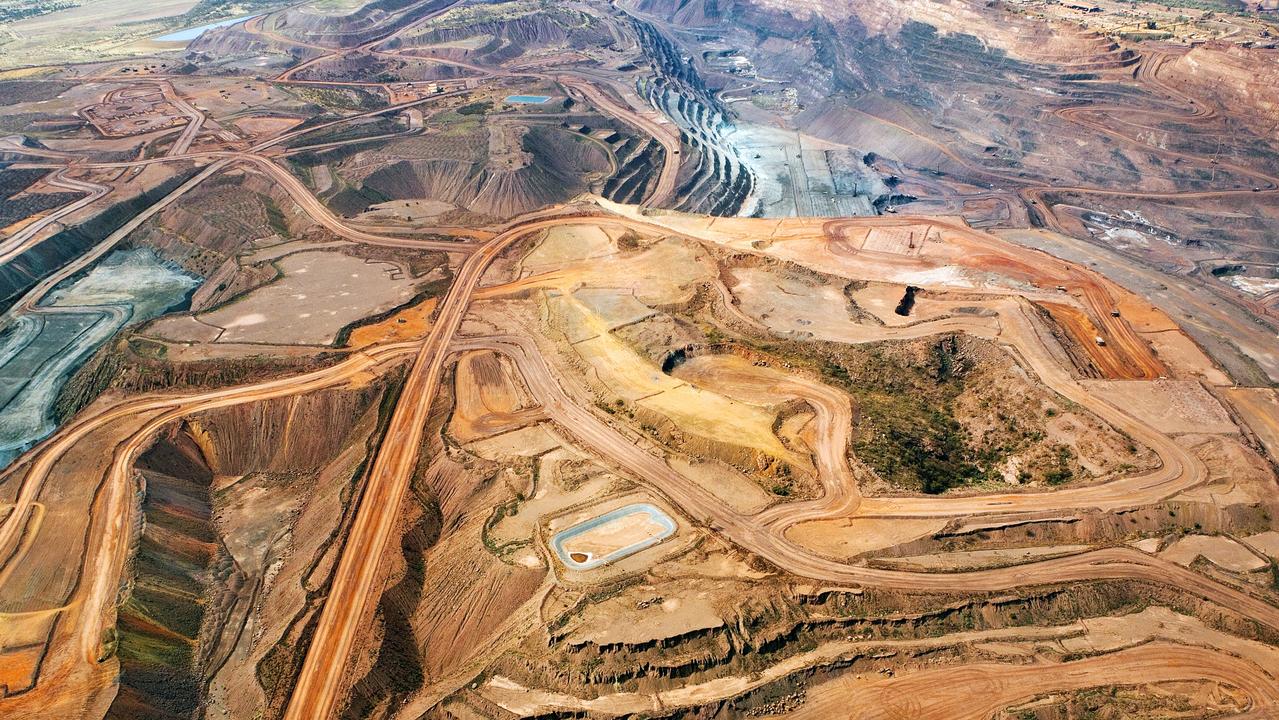Iron ore price slump could cause $3b blackhole in Australia’s budget
Demand for iron ore has dropped dramatically from China and with the price also experiencing a slump, it’s bad news for Australia.
A dramatic drop in demand from China for iron ore as the country’s property market weakens could see the Australian government left with a $3 billion blackhole in its budget, as its most valuable commodity also experiences a slump in price.
Iron ore fell from a record $US233 ($A323) a tonne in May to below $US90 ($A123) a tonne on Wednesday.
Vivek Dhar, director of mining and energy commodities research at the Commonwealth Bank, said if the falling iron ore prices continued it could leave the federal government short $3 billion in a “worst case” scenario.
“Falling steel prices and steel mill margins in China, driven by weak steel demand, are at the heart of the recent decline in iron ore prices. These demand concerns are centred in the property construction sector, which accounts for 30 per cent of China’s steel demand,” he told news.com.au.
“The property sector in China was already slowing by the second half of 2021. These factors included a slowing credit impulse, local government efforts to contain property price growth, tighter regulation, and funding pressures facing developers.
“Sentiment though has worsened with China Evergrande, China’s largest property developer by totals assets, on the cusp of default.”

Ailing real estate titan Evergrande stared down its biggest test since its debt crisis began this week, when it faced a major payment deadline.
The Chinese property juggernaut has been teetering on the brink of collapse for months after racking up staggering debts worth $A420 billion.
On Wednesday, another 30-day grace period for coupon payments for three dollar bonds – worth $A200 million – came to an end, with the firm missing initial interest deadlines on those in October.
But in a shock last-minute move, Evergrande managed to rustle up the cash to meet its obligations and survive for another day.
Yet figures show a substantial decrease in the amount of iron ore China is bringing in. It imported a record 109 million tonnes in September 2020 and that has fallen to 92 million tonnes in October 2021, said Mr Dhar.
“Given China’s policy to cap steel output this year at 2020 levels and steel demand pressures that have emerged, it’s difficult to see China’s iron ore imports hitting record levels in the foreseeable future,” he said.

For every $US10 movement in the iron ore price, this could see federal government’s bottom line impact by about $6.5 billion and $1.3 billion respectively, according to Mr Dhar.
Even if the price stabilises around $US90 a tonne, that would still knock close to $3 billion off government revenue and $15 billion off GDP.
If the price had remained at around $US160, it would have added around $12.5 billion to the budget.
But Mr Dhar predicted that iron’s ore record days are over.
“The circumstances that led to iron ore prices rising to a record high of $US233 a tonne included supply issues from Brazil due to a dam collapse and significant post-Covid stimulus from China that was centred around infrastructure,” he noted.
“It’s not impossible to recreate this scenario, but it’s not one that appears likely in the foreseeable future.”






